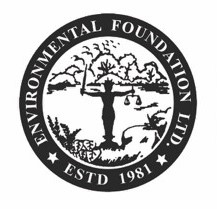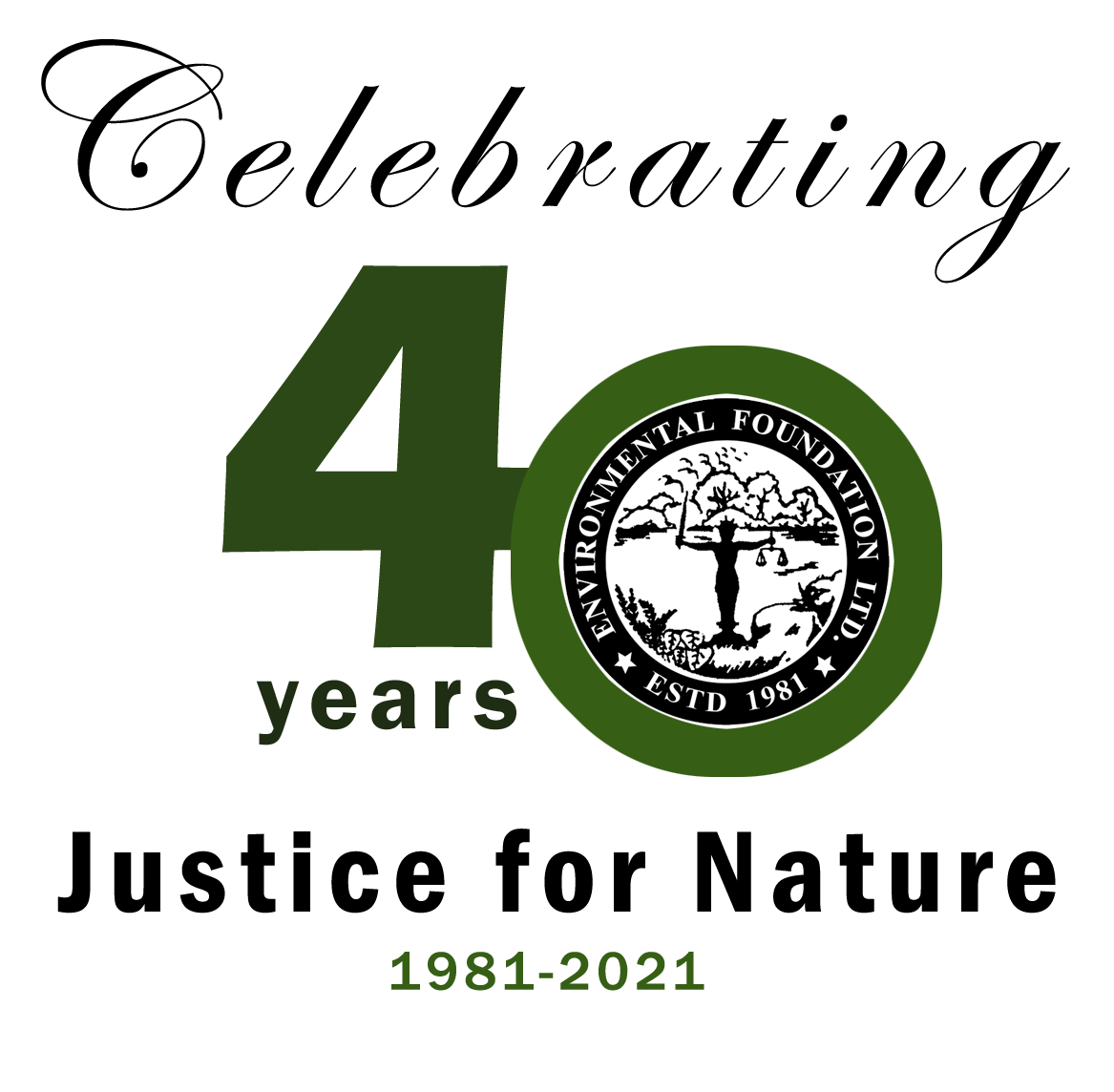By: Anjalee Udawatta & Lakshitha Edirisinghe Although an IEE report is a public document and in theory the public has access to the report, public participation is not a mandatory step included in the IEE process. Image Credits: https://www.pexels.com/photo/close-up-photo-of-person-touching-leaves-1781935/ An Initial Environmental Examination (IEE) is simply an instrument to assess the possible impacts of a proposed development project on the environment. It is carried out with a view to determine whether the impacts of a proposed project
By: Piyumi Wattuhewa Passing legislations enabling the provisions of environmental conventions would pave the way for the better implementation of EIA procedures. The amount of international conventions constituting provisions relating to the environment and environmental protection is vast, especially when one considers the subject specific conventions as well as the regional and bilateral agreements that state parties enter into. Environmental Impact Assessment is often given effect in such agreements, though often not expressly; but can frequently
By: Anjalee Udawatta & Lakshitha Edirisinghe EIA assesses viable alternatives for a development project, a combination that will use natural resources more efficiently and will have the least impacts on the human environment. What is sustainable development? Image source: https://unsplash.com/photos/ficbiwfOPS The oft-cited definition of sustainable development is found in the 1987 Brundtland Commission report, ‘Our Common Future’, which reads as “development that meets the needs of the present without compromising the ability of future generations to meet their





